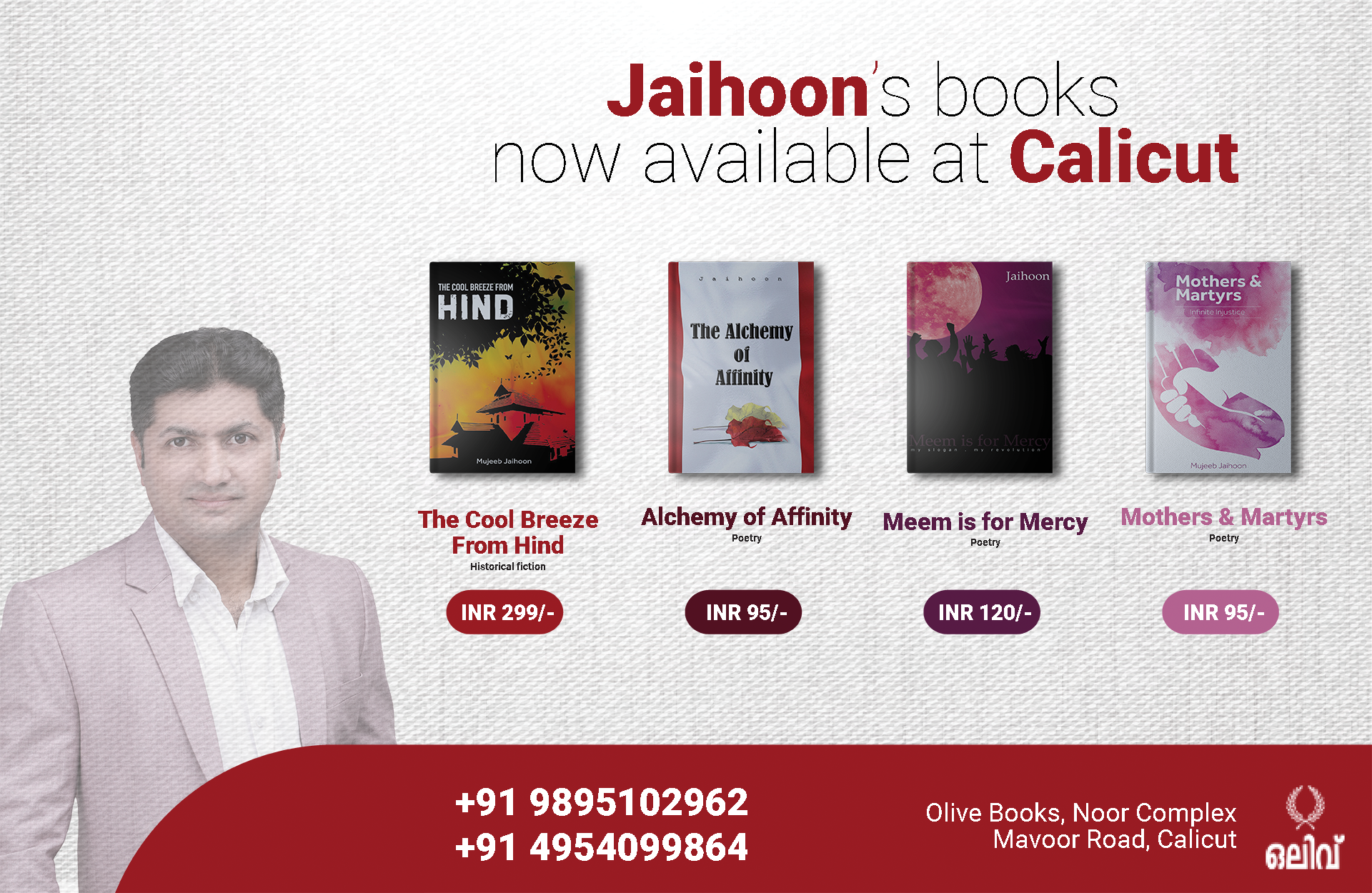Thunjath Ezhuthachan was born around 450 years ago in Malappuram district. The story of his birth is mixed with myths and truths. His real name was Ramanujan and signs of brilliance were evident in his childhood. He traveled extensively in search of knowledge and returned to Thrikandiyur, his birthplace, after mastering the religious sciences.
The privileged were jealous of his knowledge. Later on he came to be called the Father of Malayalam Language. Ezhuthachan tried to propagate the universal nature of the language. He wanted to bring language to level of a layman’s understanding.
Why do Keralites call Ezhuthachan as father of Malayalam?
“Chronologically, Cherushery (another prominent writer) lived before Thunjan. But the phrase ‘father of language’ is a symbolic reference. Language represents culture. So Ezhuthachan is in fact denoting culture. He shone as a brilliant star above our culture. He renovated the alphabets of heart. We see the light of conscience and moderation in Ezhuthachan.
We call him ‘the father of Malayalam language’ because he led the language to a new dimension”.
The above article is a part of a speech delivered by Chattanath Achuthanunni who chaired the meeting held at the Thunjan Festival in 1998
The word Mohabbat in Urdu : Ali Sardar Jafri
“He is not a scholar who is unable to pronounce the letters of love”
All beliefs are based on Love
“The word Mohabbat in Urdu has a wide range of meanings. It binds the rich with the poor. Ishq is a more intense form of the same felling. ‘He is not a scholar who is unable to pronounce the letters of love’ says an Urdu poet’.”
All beliefs are based on Love. But it is the followers that forget this truth. The Sufis and saints preached the divine aspect of Love. They lived with the ordinary lot of the country. Their poems are filled with the tales of misery of the common man on the street. It was not in taste with the likes of the rich and elite. Nizamuddin Auliya, who lived at the time of Mughal rule in Delhi, was an excellent example of such a saint.
How far is Delhi ?
There were more visitors to the saint’s house that the king’s. When the poets and scholars were busy praising the king, Nizamuddin did not even pay a visit to the palace at least once. When the king made attempts to persuade the saint to visit him, the ‘Sultan of Saints’ exclaimed, “How far is Delhi”, meaning how far the administration was from the reach of the common lot. This usage has become proverbial among the Urdu-speaking people. The spiritual masters propagated such an image of religion. And for this purpose, we need to enlighten ourselves from our ancestors. But we have been accustomed to look to the west for light. We ought to look into our culture for light.”
Source: An abridged version of a speech given by Ali Sardar Jafri, at the age of 85, who had come to the festival along with his wife. Despite this age, the poet is very active in the Urdu literary field. He is presently working on a six-volume dictionary on Urdu poetry.
“Ezhuthachan inscribed the Indian culture into Malayalam. When Shankaracharya (the renowned Hindu reformer) spread our thoughts outside Kerala, Ezhuthachan brought them to Kerala. When countries like China and Islamic countries of the Middle East are trying to preserve their culture from the onslaught of Western cultural invasion, no such attempts are evident from India’s side”, said Prof. B. Hridayakumari.
“By relying on Western thoughts to analyze our education and economics, we are using an alien yardstick for measuring our own achievements. These are signs of our submission to a foreign culture”.
Source: An abridged version of a speech given Prof. B. Hridayakumari at the Thunjan Festival.


It’s very nice. Thanks for giving information.
nice
very nice but very confuzing
very nice.thanks for giving this language
it’s good . but we expected more. But i’m sure you”ll OVERCOME from this. all the BEST.
THE ATTEMPT IS SO NICE…
BUT, I THINK THE ARTICLE IS NOT COMPLETE.
YOU SHOULD INCLUDE SOMETHING MORE TO IT..!
.ANY WAY.. THANKS A LOT.
There is no enough information about ezhuthchan.Thujan festival is not at all the point asked.Kindly include more neccesive information.There are many unwanted points.
ezhuthachan’s commentary was very brief while history has much more on him. You could have added more in the introduction part. overall rating is very good. thanks.
09/26/2006
This is really a master piece of your eminent work kudos for you . i would like to know wthere any of websites dedicated to ezhuthachan caste have been launched or not please inform me as soon as possible thanking you JAYESH
05/16/2002